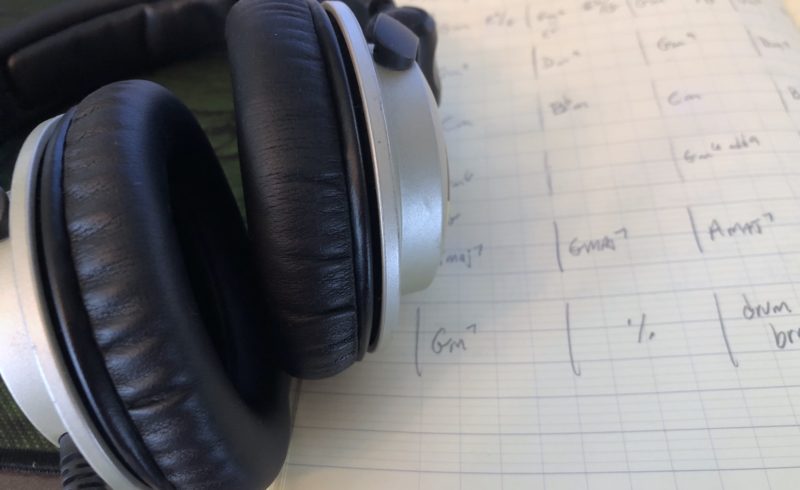
As you may have guessed, a new lawsuit says she did.
Heidi Merrill is suing Underwood, saying that NBC’s Sunday Night Football theme song, “Game On,” is a ripoff of Merrill’s own, “Game On” which she’d written a year or so earlier. Moreover the complaint includes that she met Mark Bright, Underwood’s producer, at an event in Nashville in 2017 and that she offerred that track as a potential new Sunday Night Football theme. So if all of that happened, of course she was shocked when she heard “Game On” was the new Carrie Underwood SNF opening, and it wasn’t hers.
So now she’s suing for copyright infringement. Does she have a case? She might. Here are the tracks…
TMZ quotes Merrill as saying Carrie’s version is “substantially — even strikingly — similar, if not identical” to her own. And those are very interesting words for a layperson to choose, since substantial similarity is the terminology used to describe “enough” similarity to imply copying. And then the phrase “striking similarity?” Sometimes that’s used interchangeably with “substantial,” but personally, I save “striking” for an even higher threshold than substantial. That is the standard terminology. “If not identical” is amusing language here because one can interpret the sentence as implying “it’s possibly identical” or “it’s not identical.”
It’s not identical.
But there’s enough here to chew on. Similar styles, identical titles, similar song structures, similar chord progressions here and there, very similar intros, and probably most interestingly when that identical title phrase is employed in both choruses, “Game On” is exclaimed with ‘On” landing on the first beat anticipated by the occurrence of “Game” at the end of the preceding measure. Underwood’s “game” is an eighth note on the “and of four.” And Merrill’s is more emphatic with “game” as a quarter note on the slightly stronger fourth beat. This difference isn’t much.
On the other hand, protecting a short and familiar phrase like “Game On!” is generally difficult. It’s so common, particularly in a sports context. I happen to run production music libraries that license music for sports broadcasts and such. I’ll bet I can find twenty songs called “Game On,” all intended for a use like this one.
Another challenge is that this is formulaic songwriting by both. If ten skilled songwriters set out to write a sports theme called “Game On,” I’d wager a third of them, maybe half of them, would place those two words in the same rhythmic spot. Static melodies over “We Will Rock You” type drum beats; new country/rock guitar riffs; that’s the stuff of the formula.
I haven’t looked at it note for note. So we’ll see.
And if you’ve spent any time on musicologize.com you know I’m not at all a fan of the “inverse ratio” principle which in this context would propose something like, “the more sure we are that Underwood heard Merrill’s song, the less identical they need to be for us to infer copying.” Some courts apply that principle whereas I think access and similarity have no direct bearing on each other and the ideas should be kept more separate.
Lastly, despite what we heard in the Blurred Lines case, even if Underwood and friends DID get the idea to write their own “Game On” after hearing Merrill’s track, that itself doesn’t make the songs alike, and inspiration is not necessarily infringement.
So, it could get interesting.